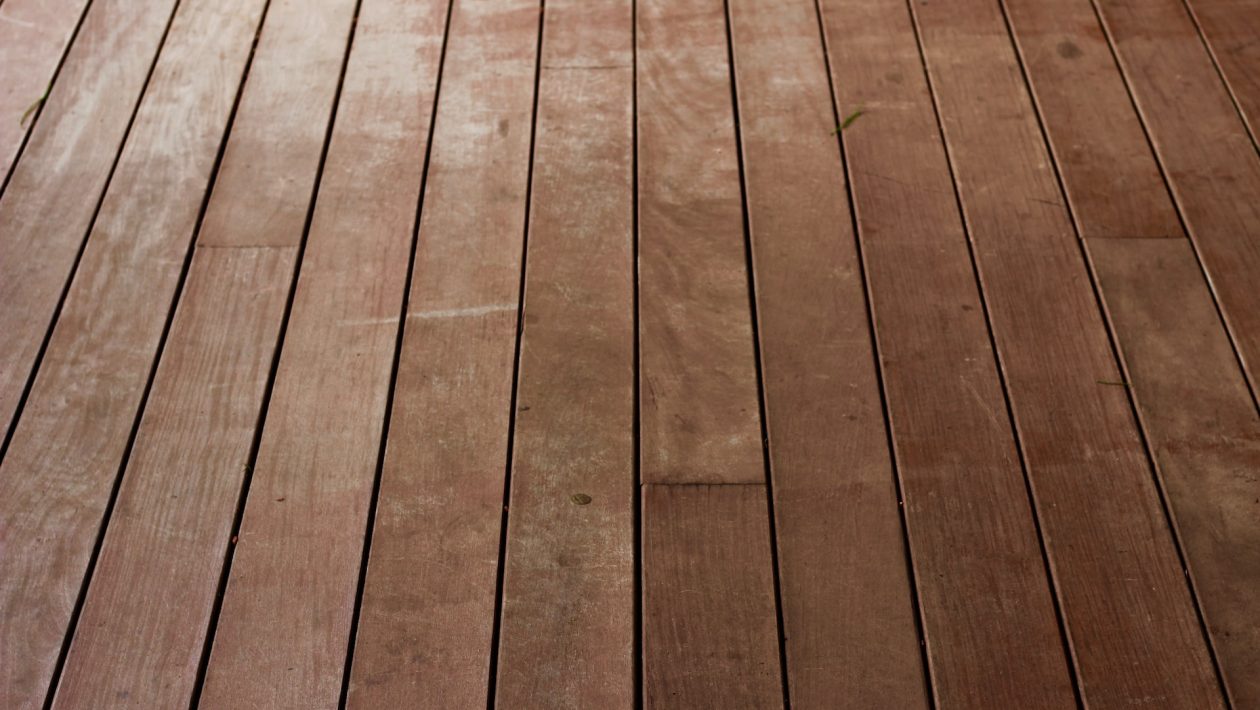Choosing the right flooring material for your home can be an overwhelming task. Whether you’re looking for something that is more traditional or something more modern and eco-friendly, it’s important to understand the differences between natural and synthetic flooring materials.
When making this decision, many homeowners have a subconscious desire to find something that fits in with their own unique style, as well as one that will last for years to come. Natural and synthetic flooring materials both come with their own set of advantages and disadvantages, so it’s essential to weigh them carefully before making a decision.
This article will go over the differences between natural and synthetic flooring materials, helping you decide which is best for your needs. We hope that by the end of this article, you’ll have all the information you need to make an informed decision about which flooring material is right for you.
Types Of Flooring
When it comes to flooring, you have two main types of materials to choose from: natural and synthetic. Natural materials are those that are derived directly from the earth, such as hardwood and bamboo. Synthetic flooring materials include linoleum, cork, and laminate. Which one is right for you? Well, let’s explore each type of flooring to see which option best fits your needs.
Hardwood floors are a popular choice for many homeowners because of their timeless beauty and elegance. They come in a variety of styles and colours, giving you plenty of options when it comes to creating the perfect look for your home. The downside is that they can be expensive and require regular maintenance to keep them looking their best.
Cork floors offer a unique look with their soft texture and muted colours. This material is also very durable, making it an ideal choice for high-traffic areas in the home. Additionally, the cork is a great insulator and can help reduce energy costs in the winter months. However, cork may not be suitable for all climates due to its tendency to fade over time when exposed to direct sunlight.
Bamboo flooring has become increasingly popular in recent years due to its eco-friendly properties and affordability compared to hardwood floors. Bamboo is usually finished with a protective coating so that it’s resistant to scratches and dents, making it ideal for homes with kids or pets. On the downside, bamboo can be difficult to install if you don’t have experience doing so yourself or access to professional installation services.
No matter which material you choose, make sure you research your options thoroughly before committing to one type of flooring over another. Each option has its own advantages and disadvantages that should be taken into consideration before making a final decision about which material is right for your home.
Advantages And Disadvantages Of Natural Flooring
For those considering a more natural option, there are several advantages and disadvantages to consider when it comes to natural flooring materials. Natural floorings, such as hardwood or bamboo, are known for their durability, which makes them ideal for high-traffic areas in the home. Another benefit of natural flooring is that it can be cost-effective if you opt for an unfinished product and install it yourself. However, this is not always the case as some types of natural flooring may come with a higher price tag due to their sustainability and unique look.
In terms of maintenance, natural flooring is relatively easy to clean and maintain – though it does require occasional waxing or polishing depending on the material used. Additionally, installing natural flooring can be a bit more involved than synthetic materials due to the need for extra tools and expertise. This could potentially add additional costs to the project.
When looking at environmentally friendly options, natural flooring is usually preferable over synthetic materials. As long as they’re harvested responsibly, these materials have less impact on the environment compared to synthetics made from plastics or other petroleum-based products. As a result, choosing natural products may even help you qualify for certain sustainability rebates in some areas.
Overall, when weighing real wood vs vinyl as flooring options, it’s important to carefully consider factors such as cost, installation complexity, maintenance requirements, and environmental impact before making your final decision.
Advantages And Disadvantages Of Synthetic Flooring
Synthetic flooring materials offer several key benefits that may make them the ideal choice for some homeowners. To begin with, synthetic materials tend to be more durable than natural options, so they can stand up to a lot of wear and tear. Additionally, many synthetic products come with added waterproof qualities, making them great for bathrooms or other areas where moisture is an issue.
In terms of maintenance requirements, synthetic flooring requires far less upkeep than natural options. These materials are easy to clean and don’t require any waxing or polishing like natural flooring does. This makes them easier to maintain over time, which can save you money in the long run.
When it comes to eco-friendly materials, some synthetic products are made from recycled components such as plastic bottles or other post-consumer waste products. While not all synthetic flooring is made from recycled material, this type of product can still have a lower environmental impact than natural options since it doesn’t require any harvesting or production of new resources.
Overall, when deciding between natural or synthetic flooring materials, there are many factors to consider beyond just the cost and installation complexity. Make sure you take into account your specific needs in terms of durability benefits and maintenance requirements before making your final decision.
Factors To Consider When Choosing A Flooring Material
Choosing the right flooring material for your home can be overwhelming, especially when there are so many options to choose from. When considering natural or synthetic materials, there are a few key factors you should take into account: cost, style, durability, installation complexity, and maintenance requirements.
When it comes to cost, natural materials tend to be more expensive upfront than synthetic options. However, some natural materials may require less maintenance over time and last longer than their synthetic counterparts. Style is a very personal decision that comes down to individual tastes and preferences. Natural flooring such as hardwood often looks more sophisticated and elegant than synthetic alternatives.
Durability is another important factor to consider when choosing a flooring material. Synthetic products tend to be more durable and resistant to scratches and wear and tear than natural options. Additionally, some synthetic products offer added waterproof qualities which can come in handy if you have bathrooms or other areas of your home that are prone to moisture. Installation complexity also varies between natural and synthetic materials with some requiring professional installation while others can be installed by homeowners themselves with minimal effort.
Finally, when looking at long-term costs associated with flooring materials it’s important to think about the maintenance required over time. Synthetic products often require far less upkeep than natural ones since they don’t need any waxing or polishing like their counterparts do making them easier to maintain in the long run, but they may not last as long. Additionally, more expensive materials may require less frequent replacement due to their higher quality and durability.
Conclusion
In conclusion, when choosing the right flooring material for your home or business, you need to consider several factors. Natural flooring materials such as wood and stone are attractive, and durable, and may be more cost-effective than synthetic materials in the long run. On the other hand, synthetic flooring materials such as vinyl and laminate offer more variety in terms of colour and style, are easy to install, and may require less maintenance than natural flooring materials. Ultimately, your decision should be based on what suits your needs best. Consider how much foot traffic the area will receive, how much money you can spend on installation and maintenance costs, and whether or not you want a particular aesthetic appeal. Only then will you find the perfect flooring material for you!





